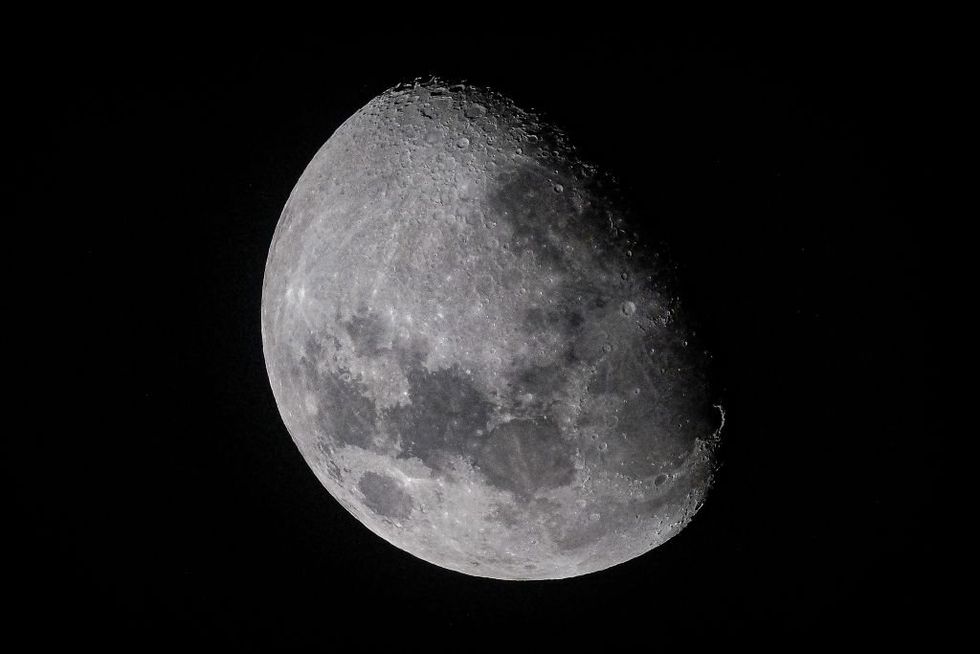Chinese spacecraft makes a successful landing on the far side of the moon to gather soil samples in rivalry with the U.S.

A Chinese spacecraft has successfully landed on the far side of the moon to gather soil and rock samples, according to the Associated Press. The goal of the mission is to learn more about the substances on the lesser-known side of the moon.
The landing module touched down on Sunday at 6:23 a.m. Beijing time. It made contact with the moon in a huge crater known as the South Pole-Aitken Basin, according to the China National Space Administration. The report mentioned the landing represents the sixth mission in the Chang’e moon exploration program.
In 2020, the Chang’e 5 successfully retrieved samples from the near side of the moon. The moon has become a point of rivalry for several countries. While the U.S. still leads the way in space exploration, Japan and India are also devoting resources to space.
China has sent out its own space station, and crew members are often sent there.
The New York Post reported that China, an emerging global power, has set its sights on sending an astronaut to the moon before 2030. If they are successful, they would be just the second nation to do so after the U.S.
The U.S. also wishes to send astronauts to the moon again. It would be the first time in more than 50 years since someone stepped foot on Earth’s lunar neighbor. While the date was initially sooner, NASA announced that the U.S. hopes to have someone on the moon in 2026.
Reuters reported that Neil Melville-Kenney, a technical officer at the European Space Agency who worked with China on one of the Chang’e-6 payloads, said: “Landing on the far side of the moon is very difficult because you don’t have line-of-sight communications, you’re relying on a lot of links in the chain to control what is going on, or you have to automate what is going on.”
“Automation is very difficult especially at high latitudes because you have long shadows which can be very confusing for landers,” he added.
The Chang’e 6 probe was launched on May 3 on China’s Long March 5 rocket, according to reports. It reached the lunar area around a week later before shortening its orbit in preparation for landing.
Missions to the far side of the moon are especially challenging because it does not face the Earth. Consequently, astronauts are forced to use a relay satellite to maintain communications.
Like Blaze News? Bypass the censors, sign up for our newsletters, and get stories like this direct to your inbox. Sign up here!






